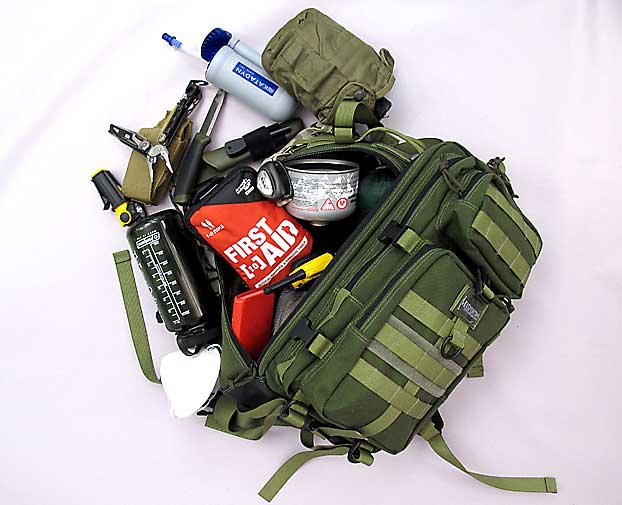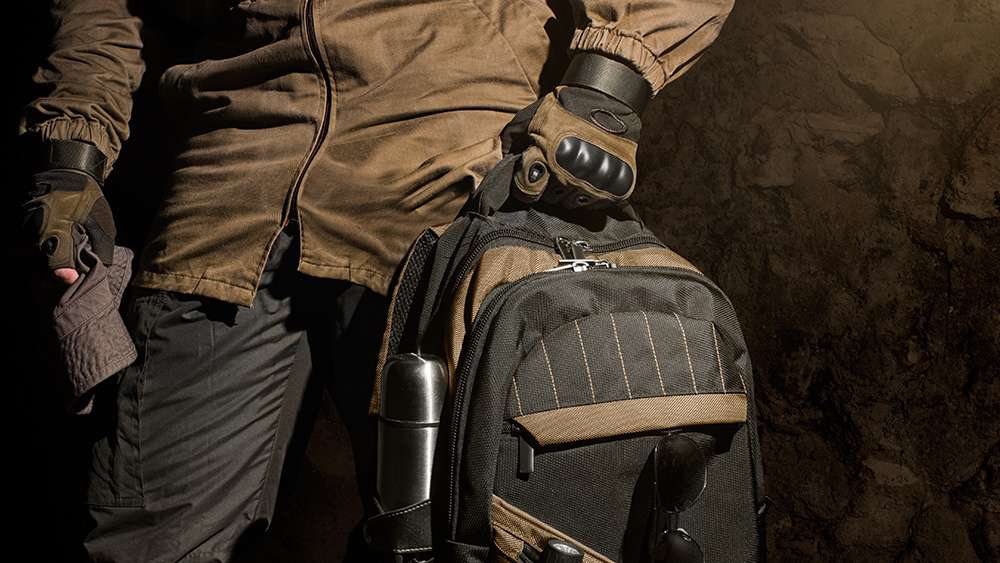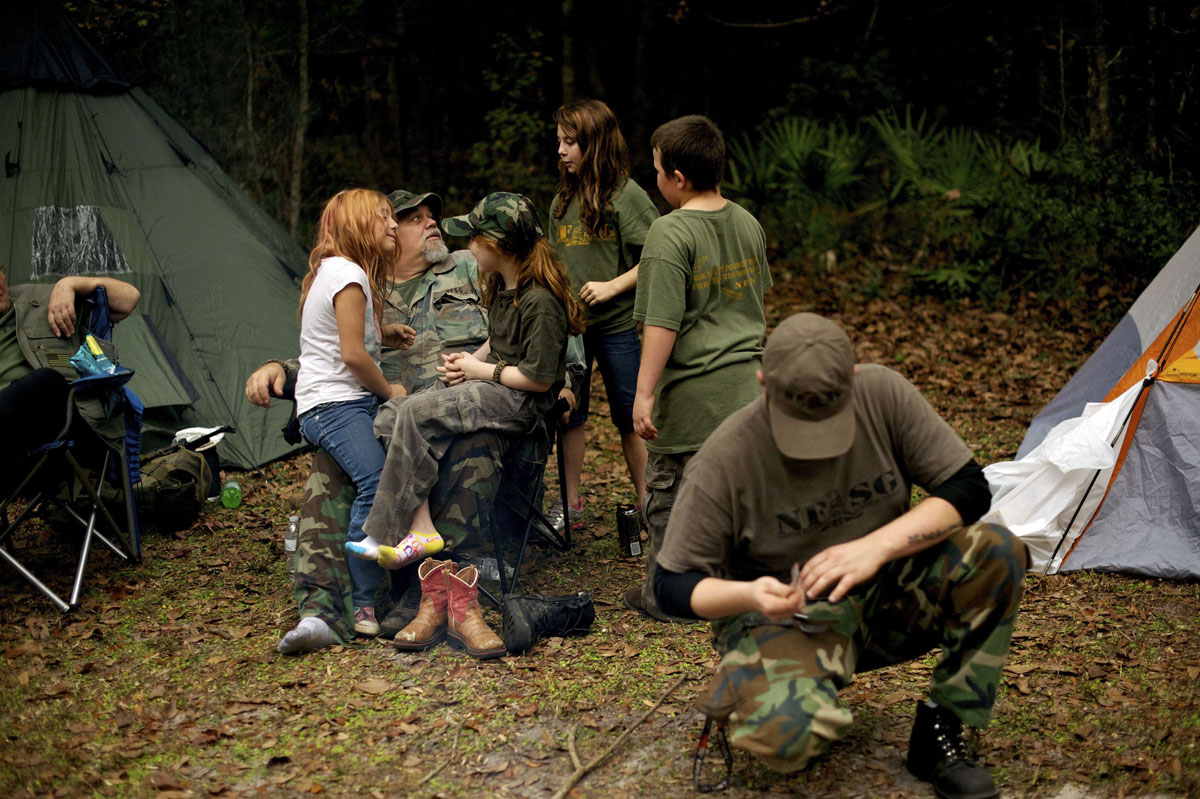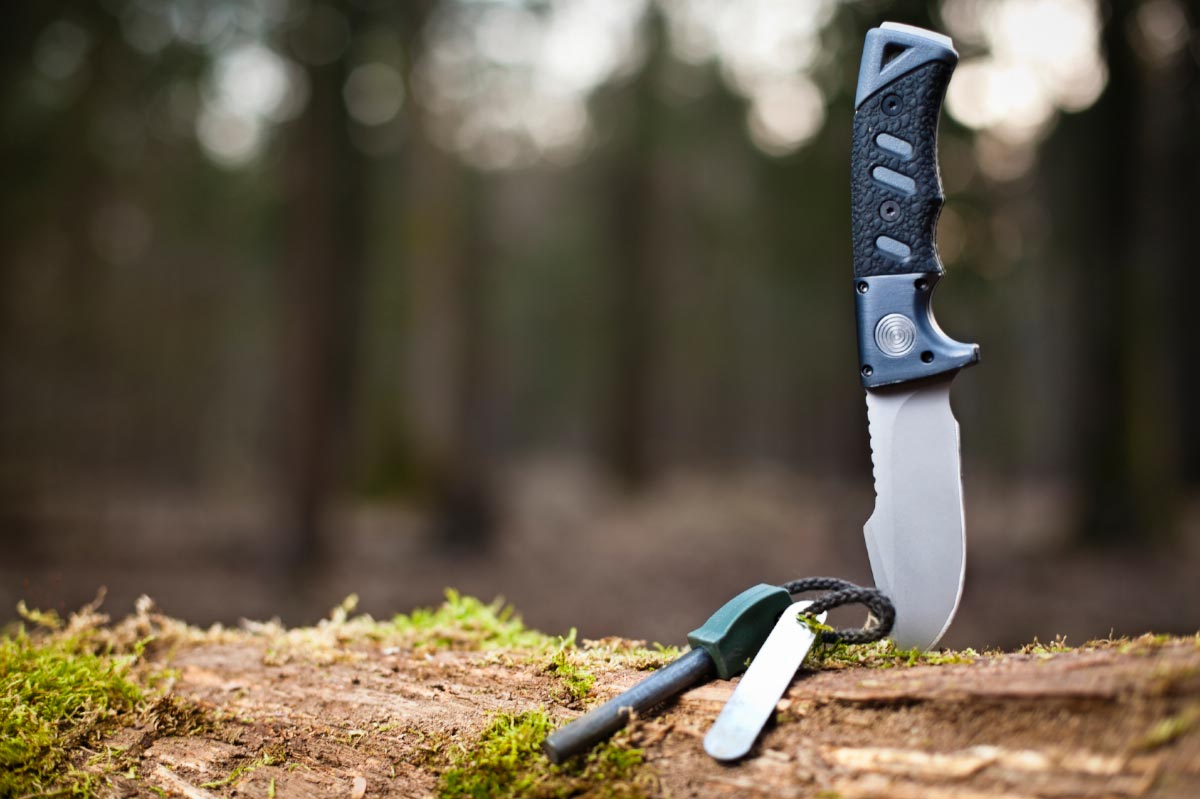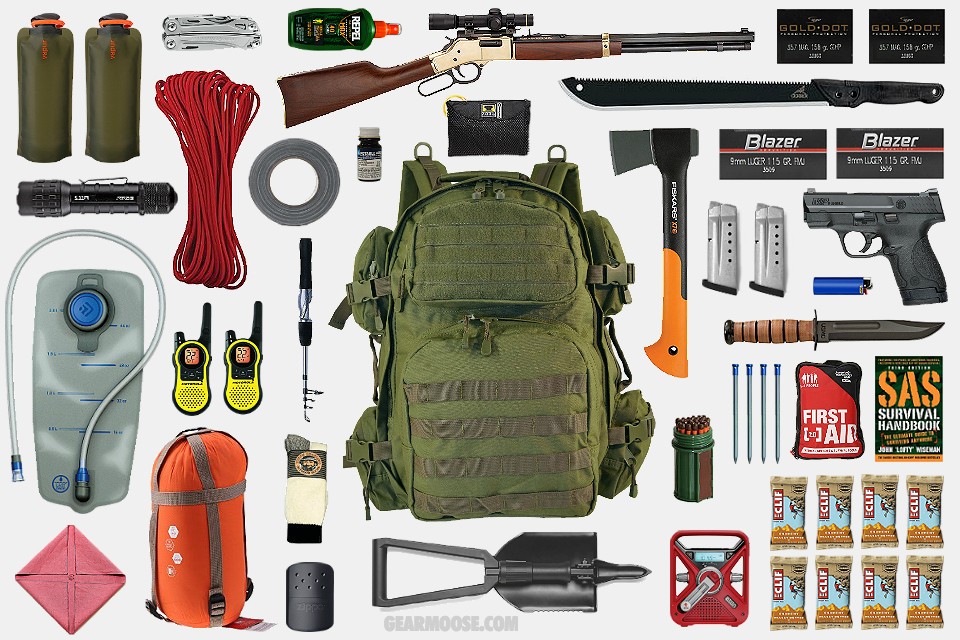
Preppers always have a plan for short- and long-term emergencies. To an outsider, the prepping lifestyle may seem complicated, but one secret to getting ready for different survival scenarios is having the right prepper bag.
If you're new to prepping, start packing these bags to help your family prepare for different types of emergencies. (h/t to SurvivalSullivan.com)
Bug-out bag (BOB)
You will need a bug-out bag if you have to evacuate your home due to a large-scale SHTF event.
BOBs are one of the most well-known prepper bags. To prep your own BOB, get a sturdy bag and pack items that will keep you sustained until you reach your bug-out location. Ideally, BOBs contain enough gear and supplies to help you get through at least 72 hours away from home.
A BOB usually includes the following items:
- Water supply
- Water purification items
- Easy-to-eat food with a long shelf life (canned beans and meats, MREs, energy bars, etc.)
- Cooking tools
- Eating utensils
- Tarp and cordage for building an emergency shelter
- Fire-starting tools
- First aid kit
- Multipurpose tool
- Hunting knife
- Flashlight
- Change of clothing
- Self-defense weapon
Everyday Carry (EDC)
Your EDC bag should always be on your person once you leave your house. An EDC bag contains various items that you may need to handle minor emergencies like torn clothing or a tear in your backpack.
Your EDC bag should include daily necessities like your cell phone, home and car keys, wallet, and a self-defense weapon. (Related: Prepping basics: 4 Lists of essential survival supplies.)
Individual first aid kit (IFAK)
An IFAK is small enough to fit into a pocket. As the name implies, an IFAK contains single-use or single doses of basic first aid supplies like a Band-Aid, burn cream, or pain reliever.
Get-home bag (GHB)
A GHB should be used in tandem with an EDC bag. Keep your GHB in your car or by your work desk.
Your GHB should contain additional items similar to ones you have in your BOB that you need to get home safely when SHTF while you're still at work. Pack enough items to help you survive for about 12 to 24 hours.
Vehicle survival kit/Car BOB
Your car BOB is more of a survival kit to help you deal with car-related emergencies. It should include items that you may need to replace a flat tire or jump start your car.
Include a smaller bag with items for your own use, like extra food, clean drinking water, a change of clothes, and a blanket that you can use if you need to spend the night in your car when SHTF.
Don't try to pack all of these bags in one day. Start with a simple one, like your EDC kit. Include items that would be useful to you, like an extra cable for charging your phone and a power bank. Once you finish packing your EDC kit, bring it with you wherever you go.
Move on to a BOB and get your family involved. Show them where the BOBs are hidden, and discuss where you would rendezvous if the family gets split up during a survival scenario.
Keep in mind that the items for each kind of prepper bag may vary per person and location. Account for your prepping skills and the common natural disasters that may occur in your state when packing these bags. Always practice how to use each item and tool in your bags and kits before you store them in your car.
Anyone can start prepping, as long as you are willing to learn useful skills that would help you face different SHTF scenarios that may come your way.
Sources include:
Please contact us for more information.















